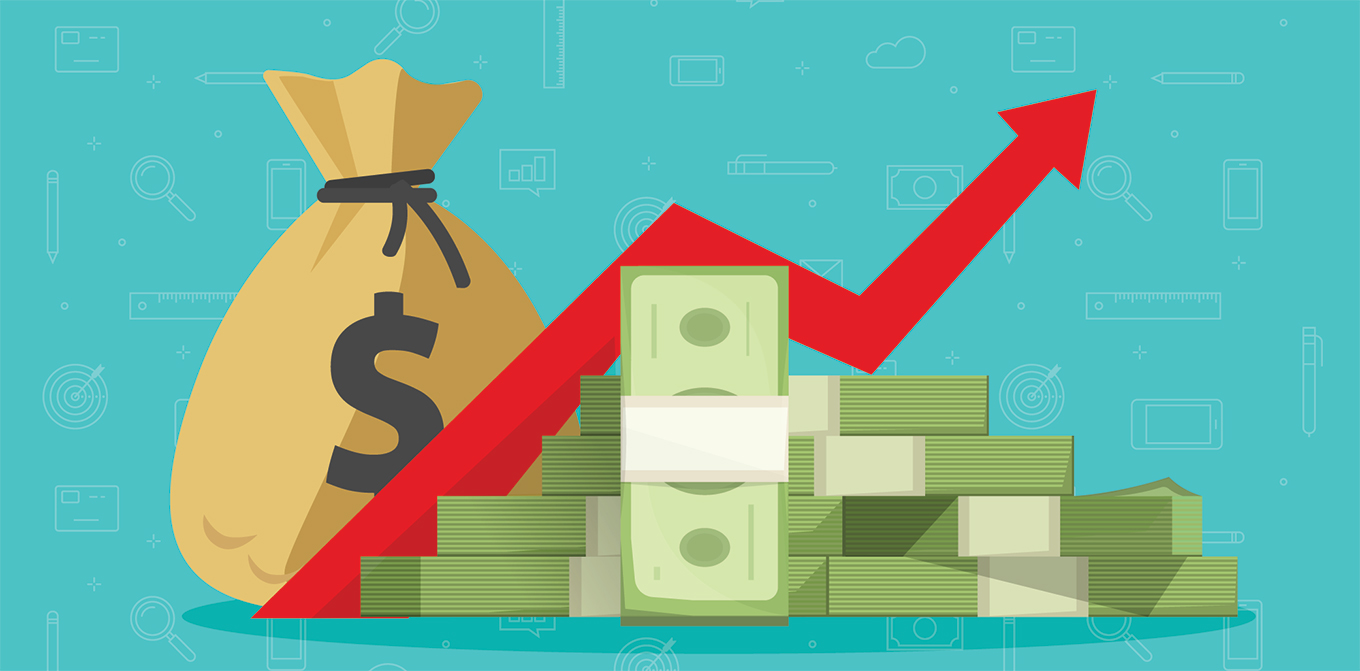Cryptocurrency basics: what to know before you buy
Cryptocurrencies are consistently making headlines, either because a coin's value is skyrocketing or plummeting, or because a scammer stole thousands (or millions) of dollars. If you've sat on the sidelines wondering what's going on, this brief introduction to cryptocurrencies can help you get up to speed.
What are cryptocurrencies, and how do they work?
Cryptocurrencies, or cryptos, are digital currencies and assets. You can buy and trade thousands of different cryptos, similar to how you might buy and sell stocks.
Two of the most popular cryptos are:
- Bitcoin, a digital currency that was intended to be an online alternative to fiat (government-issued) currencies.
- Ethereum, the second-largest crypto by market cap. Ethereum is more like a global supercomputer that people can use to create and run programs than a currency.
While each crypto might serve a different purpose, they almost all use the same technology:
- They're part of a blockchain. A blockchain is an irreversible public database (or ledger) that's maintained and updated by a network of computers. People can earn cryptocurrencies for validating and adding information that's grouped into “blocks" to the database.
- The blockchains are decentralized. No single person, company, or government controls a blockchain. Instead, blockchains allow users to trust that the database is correct without having to know or trust the people who are collectively running it.
- The transactions are public. The blockchains are also public ledgers, which means anyone can review the previous transactions. The transactions are linked to users' crypto wallets, which lets people remain anonymous while trading cryptos.
Every blockchain also has its own primary (or “native") crypto token. For example, Bitcoin and Ethereum are completely separate blockchains, and Bitcoin's native token is also called bitcoin, while Ethereum's native token is ether.
There are different types of cryptocurrencies
People have created different blockchains with native crypto coins. There are also crypto tokens, which are built on top of existing blockchains.
These crypto tokens can serve different purposes, such as letting a token holder use a piece of software or cast a vote on a crypto project's future. They're potentially valuable on their own, and many people buy and trade crypto tokens in addition to the big-name crypto coins.
Perhaps you've heard of non-fungible tokens or NFTs. These crypto tokens are often part of the Ethereum blockchain, and they've become so popular that they're essentially a completely different investment asset within the crypto ecosystem.
Most crypto tokens are fungible, meaning they're interchangeable and worth the same amount—similar to how a $1 bill is worth the same as a different $1 bill. In contrast, NFTs aren't interchangeable (i.e., they're non-fungible), and the scarcity can increase an NFT's value.
NFTs are most often used to represent ownership of digital works of art. People buy them like they might buy a rare trading card or limited-edition print from a famous artist.
You can buy cryptocurrencies on an exchange
Most people use centralized exchanges, such as Coinbase, Crypto.com, Gemini, and Kraken to purchase cryptocurrencies. You'll need to create an account and verify your identity to start trading. There may be a fee to transfer money to your account and for each trade.
For-profit companies run these centralized exchanges and store cryptocurrencies on behalf of investors. Crypto enthusiasts may prefer alternative ways of storing and trading cryptos that don't involve identity verification or sharing access to their funds.
But these exchanges could make investing easier and potentially safer. The exchanges may comply with state and federal regulations, and some exchanges have protections and insurance in place to protect investors' funds from hackers.
Are cryptos a good investment?
There's a lot of money flowing into crypto projects, and cryptocurrencies might turn out to be a good investment. However, cryptocurrencies have also been extremely volatile, with large price swings that could quickly wipe out your investment. Crypto scams are also prevalent, and you might not have any recourse if a scammer steals your crypto.
With the precautions in mind, some investors are choosing to allocate a small portion of their investment funds to cryptos. But similar to investing in stocks, you might want to research the different options before buying a specific coin or token. Another approach could be to invest in the companies that are helping build and run crypto ecosystems rather than in the coins or tokens.



